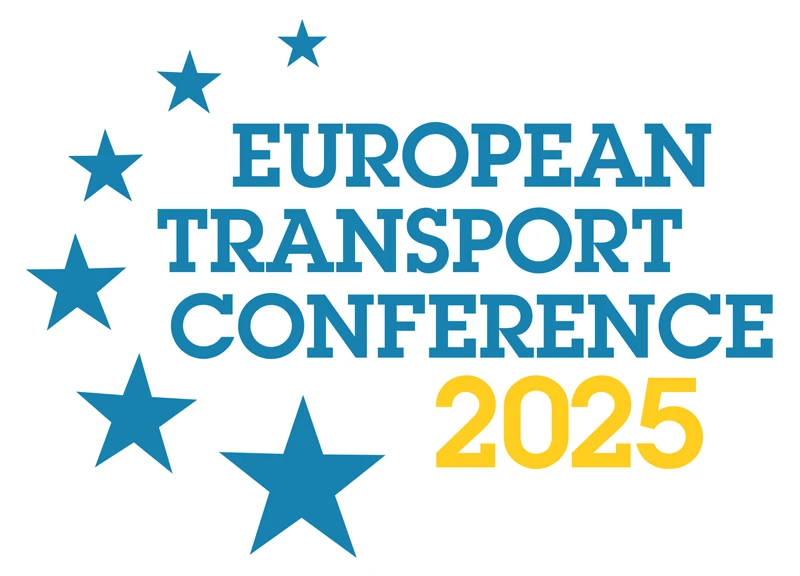-
Past ETC Papers

Browse, search and view papers from the past AET Conferences.
-
Members' Area

AET promotes networking and exchange of ideas, information and opportunities amongst members.
ETC Conference Papers
Conference Past Papers Repository
Decomposing the regional travel demand model
Seminar
Day 2 (5 Oct 2017), Session 4, National Travel Surveys, 10:00 - 11:30
Status
Accepted, documents submitted
Submitted by / Abstract owner
Justyna Mielczarek
Authors
Justyna Mielczarek, Cracow University of Technology, Rafał Kucharski, Cracow University of Technology, Tomasz Kulpa, Cracow University of Technology
Short abstract
We propose new approach to model regional travel demand. We use travel survey results for region of 3m and national database with focus on regional trips. We decompose demand to four demand strata of various destination types to improve model quality
Abstract
In this paper we propose a new approach to model regional travel demand
with a four-step model. Based on a comprehensive travel survey results for the Małopolska region in Poland (over 3mln inhabitants) we analysed the demand model with specific focus on regional trips. As a result, we introduce a modified model structure where long-distance trips are exposed. This approach can potentially improve the representation of regional travel demand as compared to the classical four-step approach.
Majority of surveyed regional travel demand are short-distance trips (over
90% of all surveyed trips). Consequently, an aggregate representation of travel demand may lead to underestimation of long-distance trips in regional demand model. This might occur at the trip generation, trip distribution, mode-choice as well as route-choice stages, where the goodness-of-fit would be preserved for short-distance trips but poorly reproducing long-distance trips, which are often underestimated and inaccurate. In the results section we show consequences of aggregating trips in the regional context.
To overcome this issue we decided to stratify the data, to be able to describe and understand long-distance travel demand at a more disaggregate and detailed level. We assumed that travel behaviour differs significantly with a triplength, i.e. occasional trips to central metropolis differ significantly from daily commuting to the nearest town. We assumed that trips are assigned to one of four different trip destination strata: to the central metropolis (city of Kraków), to main cities (Nowy Sacz and Tarnów), to counties (regional centres) and to other communes. We stratify the trips already at the trip generation level and handle them separately in the demand analysis. Such approach allows a completely independent demand model structures and estimations. Thanks to this distinct trip purposes, generation rates and mode choice behaviour for each strata can be identified.
The major contribution of the paper is the proposed decomposing travel demand method which can substantially improve the demand representation in regional trip assignment model. It allows much more accurate and reliable approach to estimating the travel demand and travel behaviour in long-distance trips.
Documents:

Association For
European Transport
Forester House
Doctors Lane
Henley-in-Arden
Warwickshire, UK
B95 5AW
+44 (0) 15 64 793552
VAT number: 710 1866 64
Conference Supporters & Endorsers




Legal Entity
The Association for European Transport is registered as an Association ('vereniging') with the Chamber of Commerce for Haaglanden in The Netherlands under company number 27170096.
Built on Zenario




